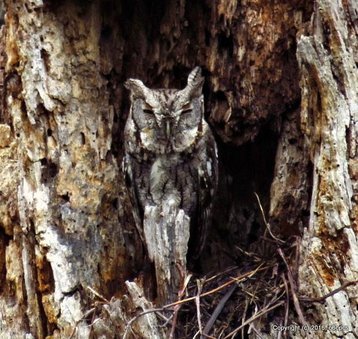We would like to thank Delia Kaye and the members of the Natural Resources Commission for their commitment to preserving and protecting wildlife by responding to Concord residents concerns regarding the increase in dog walking on town conservation lands. Concord conservation lands are used by visitors from all over the greater Boston area since Concord is a destination for many "day trippers" who love to enjoy our open spaces.
The question we face now is not dog owners vs. conservationists but rather how do we manage our conservation lands so that these shared spaces provide a safe habitat for all the creatures who live there while allowing people to enjoy being in nature. Our environment has been compromised by climate change. Rising temperatures have already challenged the wildlife who live on conservation land. When dogs are introduced to these areas, they bring additional stress to the animals who have no other place to live.
The evidence that dogs negatively impact wildlife is overwhelming. The NRC has posted the results of several scientific studies on the town of Concord's website.
Some of the findings are listed below:
It is clear that people with dogs – on leash or off – are much more detrimental to wildlife than people without dogs. The presence of dogs causes wildlife to move away, temporarily or permanently reducing the amount of available habitat in which to feed, breed and rest. Animals become less active during the day to avoid dog interactions. Furthermore, the scent of dogs repels wildlife and the effects remain after the dogs are gone.
When dogs are present, animals are alarmed and cease their routine activities. This increases the amount of energy they use, while simultaneously reducing their opportunities to feed. Repeated stress causes long-term impacts on wildlife including reduced reproduction and
growth, suppressed immune system and increased vulnerability to disease and parasites.
The Sudbury Valley Trustees on their website state that:
Free running dogs can disturb or kill birds and mammals (birds are especially vulnerable during nesting season and deer are especially vulnerable during winter). This can also result in the trampling and damaging of vegetation. Dog activity erodes banks and adds sediments to ponds, stream waters, and vernal pools thereby degrading habitat for aquatic species.
Given the scientific evidence that dogs do cause problems for wildlife, the logical conclusion is that updating the town policy of dog walking is essential for managing our beautiful open lands.
The question we face now is not dog owners vs. conservationists but rather how do we manage our conservation lands so that these shared spaces provide a safe habitat for all the creatures who live there while allowing people to enjoy being in nature. Our environment has been compromised by climate change. Rising temperatures have already challenged the wildlife who live on conservation land. When dogs are introduced to these areas, they bring additional stress to the animals who have no other place to live.
The evidence that dogs negatively impact wildlife is overwhelming. The NRC has posted the results of several scientific studies on the town of Concord's website.
Some of the findings are listed below:
It is clear that people with dogs – on leash or off – are much more detrimental to wildlife than people without dogs. The presence of dogs causes wildlife to move away, temporarily or permanently reducing the amount of available habitat in which to feed, breed and rest. Animals become less active during the day to avoid dog interactions. Furthermore, the scent of dogs repels wildlife and the effects remain after the dogs are gone.
When dogs are present, animals are alarmed and cease their routine activities. This increases the amount of energy they use, while simultaneously reducing their opportunities to feed. Repeated stress causes long-term impacts on wildlife including reduced reproduction and
growth, suppressed immune system and increased vulnerability to disease and parasites.
The Sudbury Valley Trustees on their website state that:
Free running dogs can disturb or kill birds and mammals (birds are especially vulnerable during nesting season and deer are especially vulnerable during winter). This can also result in the trampling and damaging of vegetation. Dog activity erodes banks and adds sediments to ponds, stream waters, and vernal pools thereby degrading habitat for aquatic species.
Given the scientific evidence that dogs do cause problems for wildlife, the logical conclusion is that updating the town policy of dog walking is essential for managing our beautiful open lands.

 RSS Feed
RSS Feed